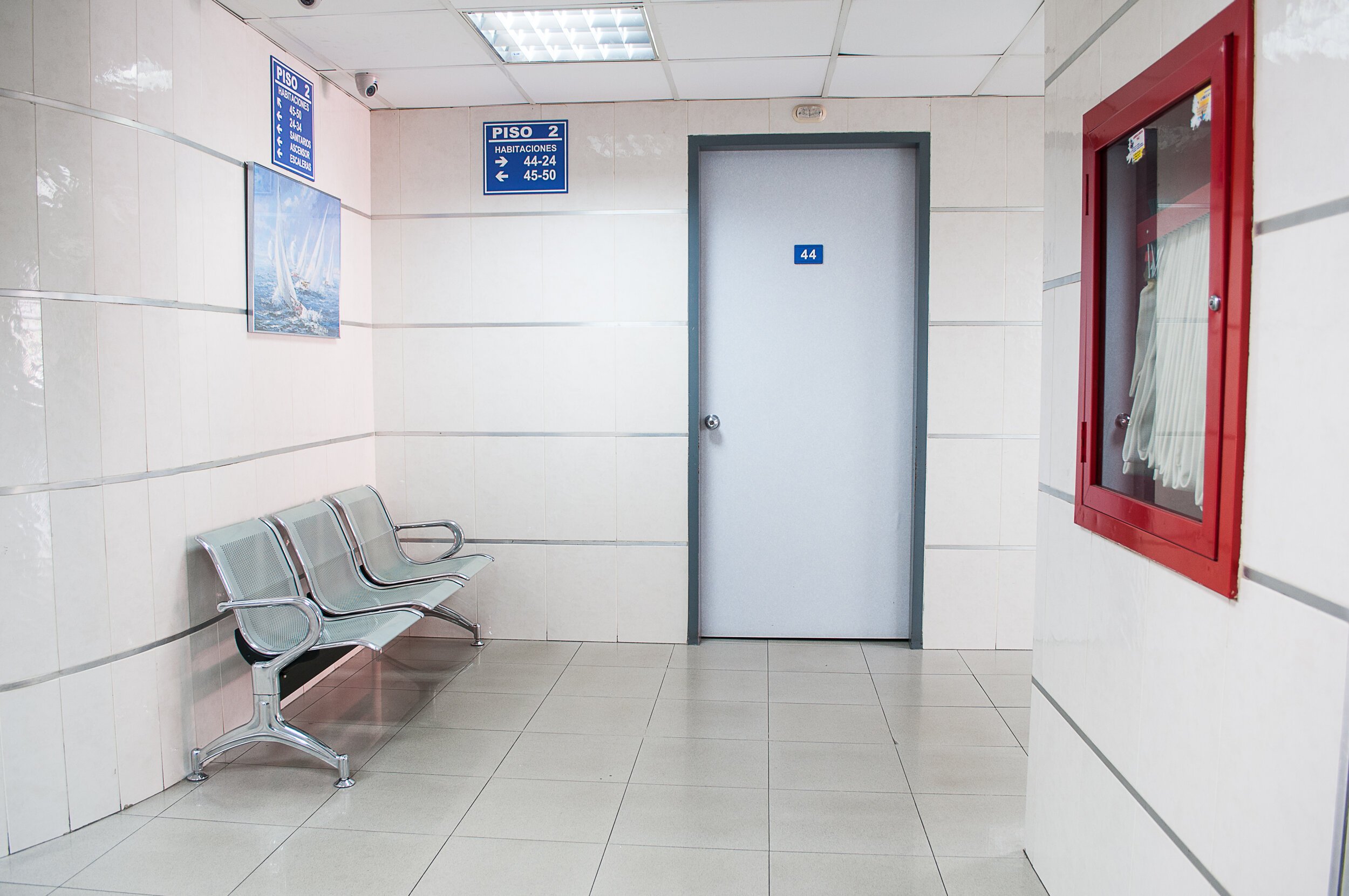The Waiting Room
by Alfonsina Betancourt
It was scheduled to be a routine visit, a yearly check-up that fortunately proved that things were clear and well. I could not shook the mild anxiety that always invades me when having to go back. You would think that having grown between hospitals while following my workaholic-doctor parents would make it easier. It has not. I never liked hospitals.
This one, although beautiful and full of cheerful, kind staff, had been by far the hardest to visit. Seating in the waiting room, seeing kids battling cancer, some without a leg, without hair, in wheelchairs or walking with their chemo medicine hanging from a stand makes my stomach hurt. Then there are the parents, who have to remain calm for their kids, pretending life goes on as usual despite scary diagnosis. Nothing makes me suffer more that a hurting child and a broken-hearted parent that swallows their suffering for the sake of their kid’s hope. I can be a rock for so many things, but not for that.
I am usually pretty good at guarding my peaceful state, to not let the external world overcome the internal one. But lately, there has been so much negativity in the news, so much hurting in the world that it takes extra work to detach from that swirl of emotions.
As we were leaving the waiting room, I saw a toddler standing on a chair, banging on a fish tank and moving incessantly, her bold head unease. Her mother was trying to grab her and prevent a tantrum that as an experienced mother of three I can smell about two minutes before they explode. I was looking at the girl and smiling, delighting in her determination. Then her mother and I made eye contact. I complicity smiled in the way we do when we want to express “being-there-done-that” and also when we know “it-is-hard-but-is-also-adorable.” As we exited the waiting room, the mother’s eyes still hung on my mind, I realized she may have not known I was smiling at all. Maybe she thought I was judging her. I was wearing my face mask, as was she and our daughters and everyone at the hospital. All she saw were my eyes and the shook of my head.
Suddenly, it was as if all the rush of repressed feelings and negative news, and incomprehensible opposite points of view came as a thunder. I felt the weight of all of the misunderstood words, of the behaviors that were taken the wrong way. I am not usually this dramatic, I swear. Maybe it is the effect of the moon of the eclipses, or the months at home during the pandemic. But it hit me how occasionally to express ourselves with our eyes is not enough. Everything can be misunderstood when it is not properly talked, and especially when is not willingly heard.
How many invisible masks we wear to filter our voices? How many times we rely on our eyes expressing what we feel? How many times a soup of unresolved feeling come rushing through when we see something as unrelated as a child playing in a waiting room? How many times our empathy with someone’s suffering comes across as apathy or judgement?
Maybe we need to talk more and listen better. Maybe we need to leave the guesswork of what floats behind’s someone’s eyes and question more. Maybe we need to understand that regardless in the area of the waiting room we are at, we are all hurting somehow. Let’s keep the face mask for now, but lose the emotional mask. Let’s smile and cry with our eyes, and feel confident that we can raise our arguments without having to shout.
Empathy is a great connector, and it is also a two-way road. On one side it requires us to become vulnerable, on the other, it commands us to be accepting. The disguised beauty of the moments we live at is that it commands us to think about others. It is not enough doing what is best for me; I need to do what is also best for the others. We are all interconnected. Shouldn’t be time that we speak to each other with kindness, even and especially when each has their own side of the story? The world, after all, is full of waiting rooms, and tons of stories, and millions of souls who want to hear “I get how you feel even when I am not seated in the same place you are.” Maybe, it is time we say aloud what we feel and think with our most compassionate and firm voice, because someone is always listening even if they don’t talk back. Let’s own the responsibility to express ourselves.
Wouldn’t it be so much easier if we learn to listen without tantrums? That sounds to me, like the perfect medicine for aching hearts. As for the mothers out there trying to control a restless toddler, you are not alone. We are never alone when we are held by someone’s empathy. Even if we don’t see them smiling, even if we don’t cross audible words. There might always be someone in a waiting room ready to show us that we understand each other’s battles. And that is where the healing begins.


